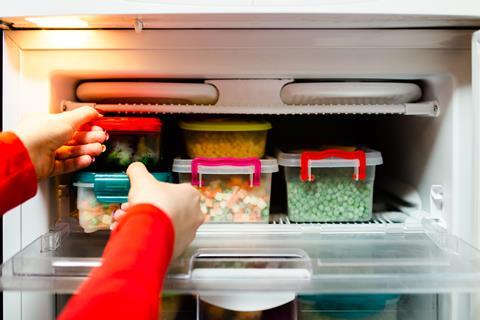
The record temperatures during summer have provided concrete evidence – if any was needed – that man-made climate change is having a very real effect on our lives.
The potential long-term disruption to our food supply is frightening, and exercising the minds of many business leaders and politicians throughout the food supply chain.
While there’s no doubt we will have to make major changes to the way we produce and consume food, one of the immediate actions we could take is reducing food waste.
Food waste is an issue The Grocer has worked hard to challenge, but the problem continues. Wrap research from 2018 shows UK households throw away 6.6 million tonnes of food a year in the UK, three quarters of which we could have eaten. Every tonne of food waste is responsible for 4.5 tonnes of CO2 emissions.
One way to tackle the problem is to buy more frozen food. That’s the reason that the BFFF and our members have decided to launch the first Frozen Food Week today, with the theme of educating people about frozen’s role in reducing food waste.
The digitally-led campaign is focusing on younger millennial, gen Z and gen X shoppers, as research shows these consumers are more likely to buy sustainable, high-quality products, while often prioritising digital shopping and spending many hours on social media.
Freezing is nature’s pause button. In production, freezing ensures food that would otherwise go off can be safely stored for long periods of time. It also plays a vital role in using ‘wonky fruit & veg’ and other products that are often rejected for sale on cosmetic grounds. Extended shelf-life ensures products such as summer berries and winter squashes are available all year round in as fresh a condition as when they were harvested.
For consumers, the most common reason for food waste is that it goes off before it is used. Fridges are stocked with the best intentions but plans change. Frozen allows better portion control, with people only using what they need, when they need it. The rest of the pack stays fresh in the freezer, not rotting in the bin.
We hope that by explaining these benefits to shoppers and providing them with tips and inspiration, we will generate greater awareness of frozen food’s role in helping reduce food waste and introduce younger shoppers who want freshness, quality and convenience to the category.
If the environmental benefits don’t convince people, then frozen food’s proven value proposition is another powerful message of Frozen Food Week. Pound for pound, frozen has always offered better value. Joint research by Iceland and Birds Eye reveals frozen is 23.4% less expensive than a like-for-like fresh shop. What’s more, better portion control and preservation means that the food you buy goes further and lasts longer.
At a time when many shoppers are struggling to make ends meet, this is another compelling reason to buy frozen.
At the height of the pandemic, frozen food sales were soaring. In fact, a quick look at Kantar stats for the 52 weeks ending 21 March 2021 reveal frozen was outperforming the overall grocery market, increasing in both value and volume.
While this growth continued a trend that started back in 2020, much of it was undoubtedly driven by the pandemic and the return to the big weekly shop. Sales have now fallen back to pre-Covid levels as things have returned to normal.
However, with numerous surveys showing growing concern about climate change, frozen offers one simple way we can all help make a difference. I expect to see frozen sales continue to grow in the years ahead as consumers realise they can get great-tasting, affordable food fresh from the freezer.







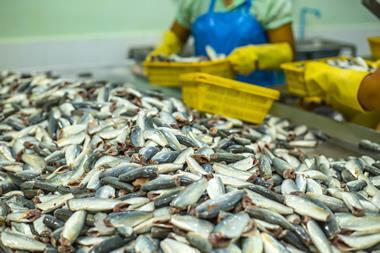
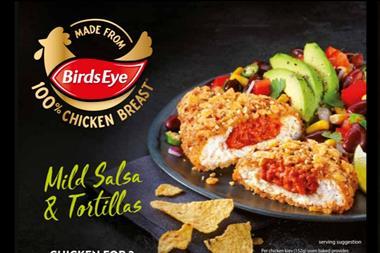



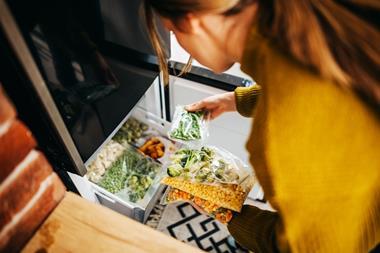





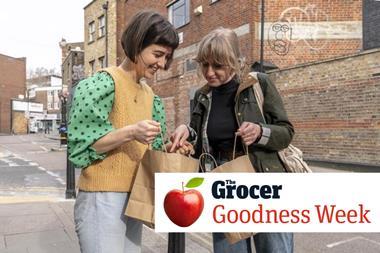
No comments yet